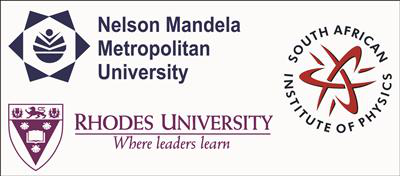Speaker
Level for award<br> (Hons, MSc, <br> PhD, N/A)?
Phd
Would you like to <br> submit a short paper <br> for the Conference <br> Proceedings (Yes / No)?
No
Main supervisor (name and email)<br>and his / her institution
Dr John Bosco Habarulema, jhabarulema@sansa.org.za
South African National Space Agency (SANSA) Space Science
Please indicate whether<br>this abstract may be<br>published online<br>(Yes / No)
Yes
Abstract content <br> (Max 300 words)<br><a href="http://events.saip.org.za/getFile.py/access?resId=0&materialId=0&confId=34" target="_blank">Formatting &<br>Special chars</a>
The ionosphere suffer major perturbations during geomagnetic storms called ionospheric storms. Ionospheric storms represent an extreme form of space weather which can have major effects on space-borne and ground based technological systems. Adverse conditions in the space environment can cause a disruption of satellite operations, communications, navigation, and electric power distribution grids leading to a variety of socio- economic losses. This research aims at performing a long term statistical analysis of ionospheric response during geomagnetic storms over the African mid and low latitudes. The statistical results will then be used in the classification or establish the physical mechanisms driving ionospheric dynamics over different latitude regions during disturbed conditions. The Disturbance storm time (Dst) index with a storm criterion of (Dst <= −50 nT) will be used to identify the geomagnetically disturbed conditions. A combination of ionosondes and GPS will provide the ionospheric data needed for the analysis. In addition, in this study we will investigate the statistics of ionospheric storm effects during geomagnetic storms as well as the physical mechanisms of the ionospheric storm effects. The study will also investigate the diurnal, seasonal and solar cycle dependence of the ionospheric storm effects. In addition, this study aims at investigating the contribution of the equatorial ionization anomaly (EIA) and the E×B drifts in determining ionospheric storm effects at different latitudes.
Apply to be<br> considered for a student <br> award (Yes / No)?
Yes

